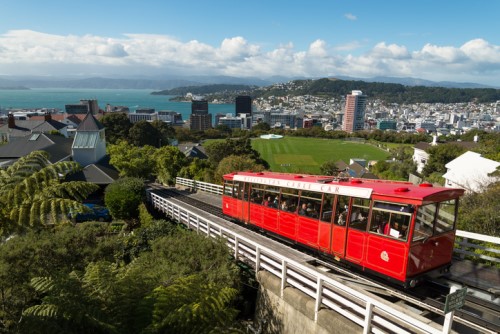One in five travellers don’t take out travel insurance and almost 50% of travellers think insurance starts once they start travelling,
ICNZ says, meaning brokers have a vital message to get across to their clients.
“The chance of something beyond travellers’ control disrupting their travel plans starts the moment they click the buy button for their flights or accommodation,” warns ICNZ chief executive
Tim Grafton.
“If you leave it to the last minute, or don’t buy any at all, then you’ve got a real problem should something go wrong because it’s impossible to buy cover for an event once it’s happened. Remember what happened when the digger cut the fuel supply to Auckland Airport? Or when Mount Agung in Bali erupted? Travellers who hadn’t already bought insurance weren’t covered for those events.
“Buying cover when they buy their tickets covers travellers for any additional costs incurred because of a travel disruption. But it doesn’t mean they aren’t covered for all the other things insurance takes care of if they buy travel insurance after a volcano starts erupting.”
The biggest risks anyone faces are costs arising from medical treatment overseas – in some extreme cases, these costs can run to hundreds of thousands of dollars, Grafton added. Indeed, not all insurance policies are created equal either, he warned.
“Some policies offer fewer options,” he said. “If you plan to go base jumping or engage in any other any risky activities, your policy may not cover you. Some policies may exclude cover for riding a motorcycle. Some may not cover you if you don’t take reasonable care of your possessions.
“It pays to check what the policy covers you for and not simply buy the cheapest you can find. Think about what’s best for you. Check out all those offering travel insurance and make a decision based on the details of the policy and what you need for your trip.”
Related stories:
Flood claims expected for insurers
Central NZ faces up to 60% risk of major quake over next 10 years


